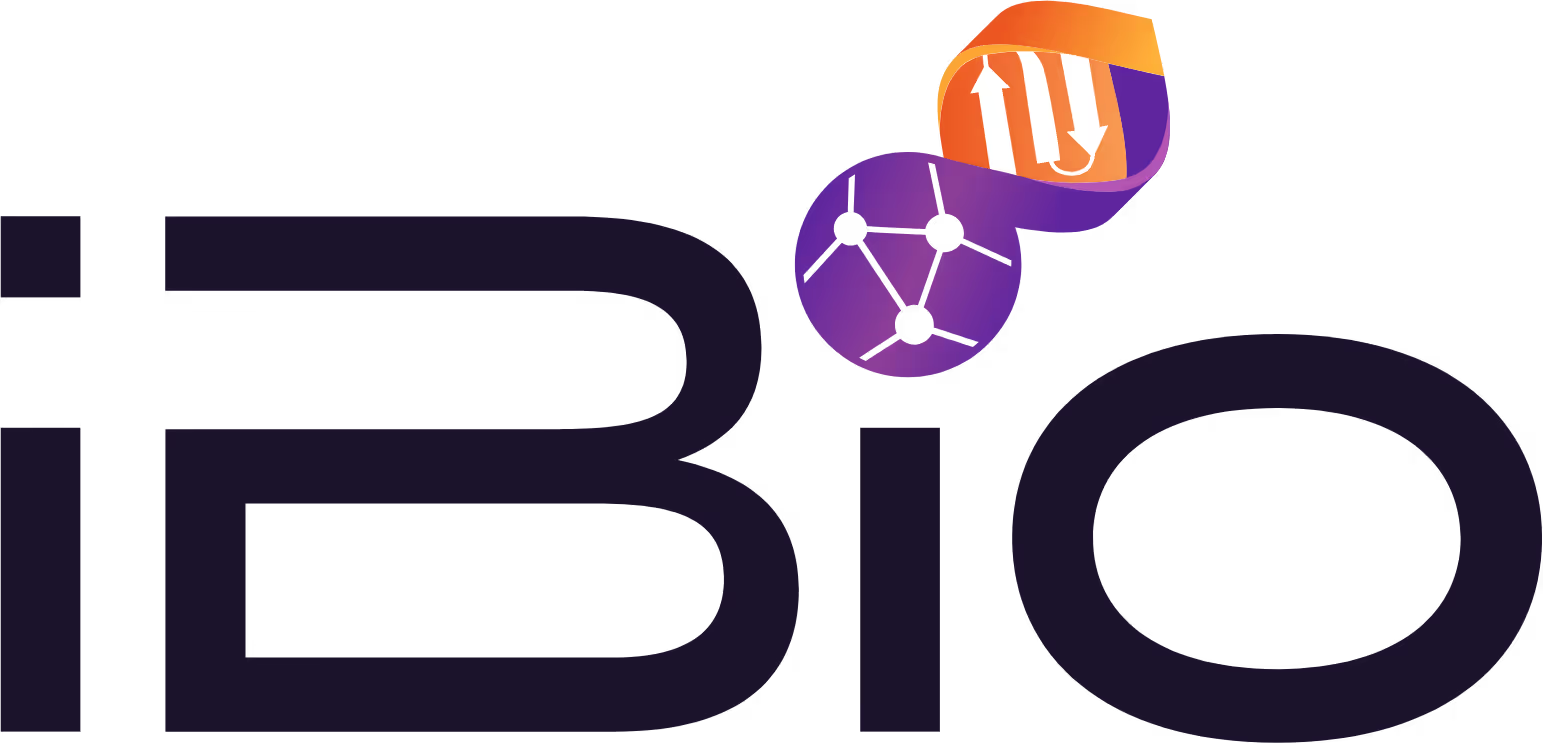Antibodies Engineered to Deliver Treatments for Obesity and Cardiometabolic Disease
GLP-1s revolutionized obesity treatment but leave major gaps in patient care. That’s where we come in.

Obesity treatment gaps and the need for reliable options

Despite meaningful weight loss, GLP-1 therapies can be limited by muscle loss, gastrointestinal side effects, adherence challenges, and frequent weight regain after discontinuation. Our antibodies are designed to address these limitations.
Outcomes that matter to patients
Explore our pipeline
Our platform is the engine behind our pipeline, enabling rapid program advancement and consistently generating unique molecules with favorable developability profiles for obesity and cardiometabolic disease. Explore how our AI–wet-lab integration drives discovery and development across all programs.
our pipeline





